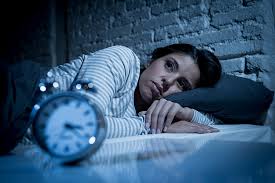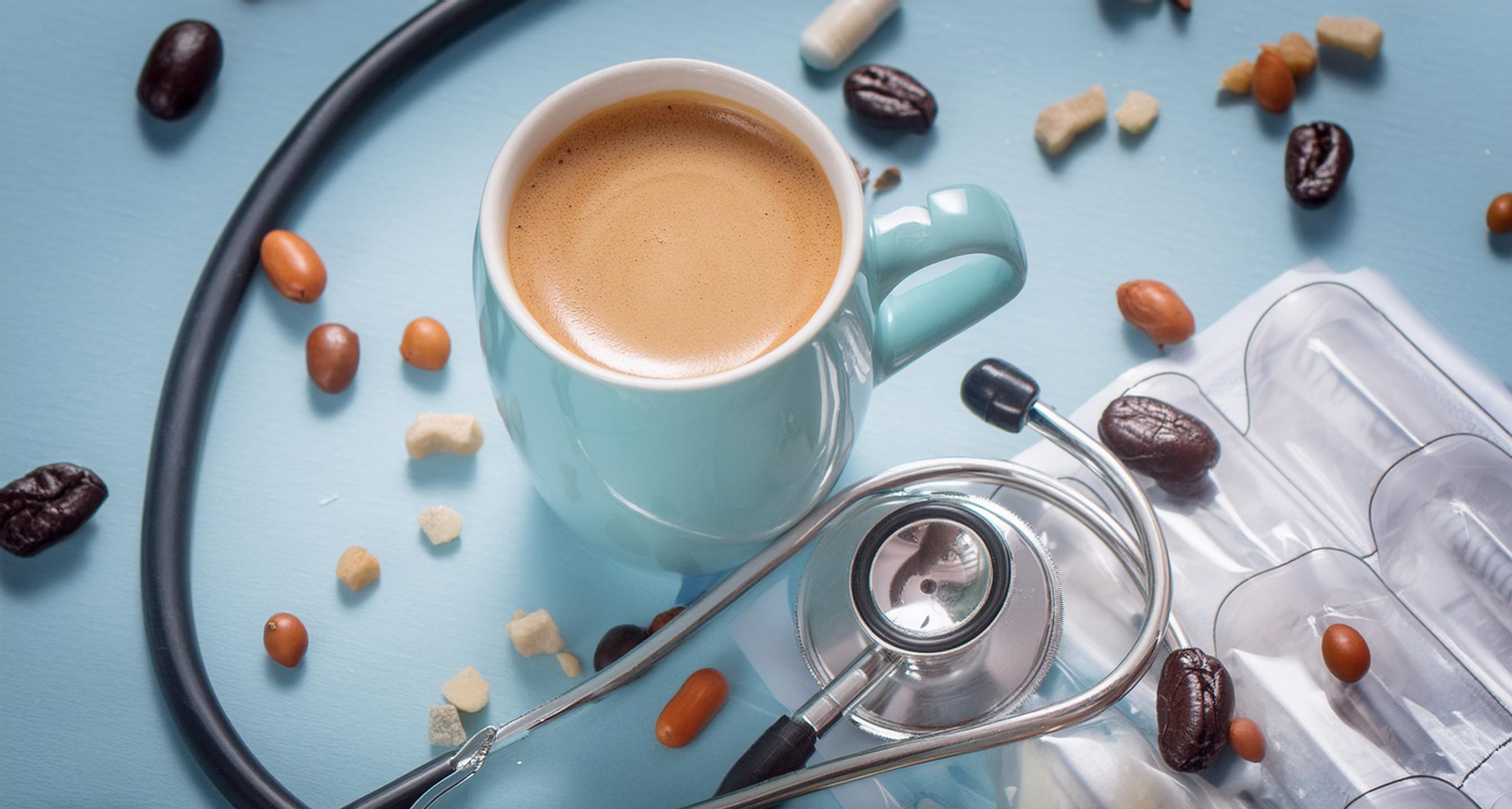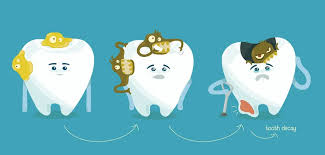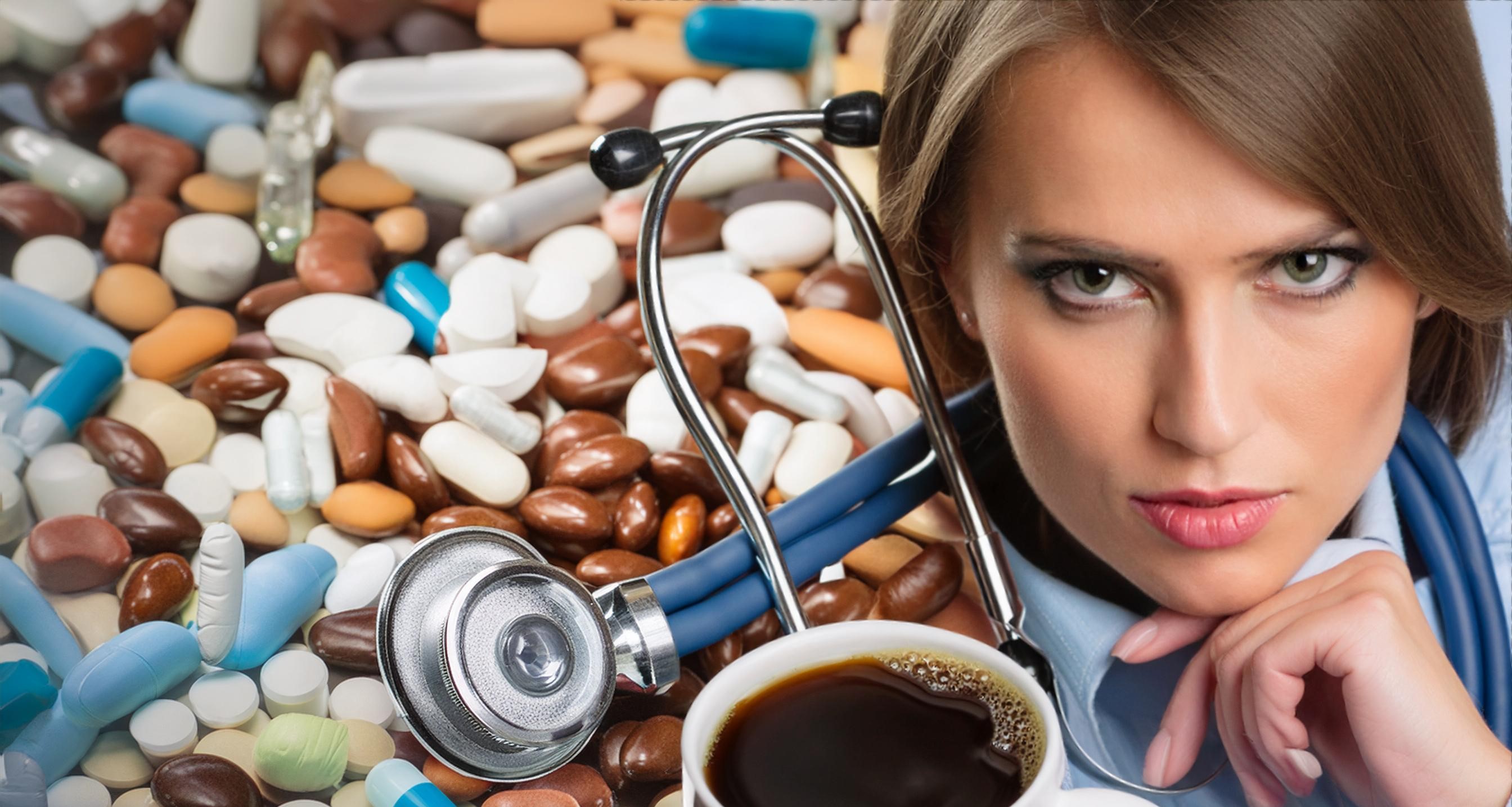Is there anything called too much coffee?
The answer is Yes.
It is an age-old debate about whether coffee is good or bad for you. But are we asking the right question?
It is the amount of coffee consumed that needs to be questioned, rather than cutting it out completely.
Coffee is a very common “everyday” beverage consumed worldwide. It is known for the effect of stimulation that wakes you up.
A moderate amount of coffee consumption is generally considered safe and even beneficial for many people. However, the actual negative side of coffee comes into play as one consumes it excessively.
So, here are some adverse effects of excessive consumption of coffee:
Insomnia:
 People drink coffee because of its caffeine, which keeps you alert. Individuals who have jobs that need them to remain up late are the ones who consume large amounts of coffee.
People drink coffee because of its caffeine, which keeps you alert. Individuals who have jobs that need them to remain up late are the ones who consume large amounts of coffee.
Coffee, however, can interfere with sleep. Caffeine's stimulating effects block brain adenosine receptors, increasing alertness in a person. This is also the reason why drinking coffee too soon before bed might make it difficult for one to fall asleep, hence resulting in insomnia.
Higher Blood Pressure:
As coffee is high in caffeine, it is the reason for stimulation in the central nervous system, leading to an increase in heart rate. While this effect is generally mild and temporary for most people, an excessive consumption of coffee causes our blood pressure to increase. This also can induce cardiovascular issues like hypertension and increase the chances of having a heart attack.
Poor Gut Health:
Coffee is highly acidic. That is why it tends to stimulate the formation of stomach acid. This causes pain in the digestive tract.
If you have symptoms such as heartburn or feel nauseated, it may indicate that you are drinking more coffee than usual. Even drinking coffee on an empty stomach might cause acidity.
Heightened Jitters:
Have you ever wondered why you constantly shake your leg after having some coffee? This might be because of the increased amount of caffeine intake. Caffeine stimulates our central nervous system. Despite a slight stimulating movement that could help relieve exhaustion or anxieties, excessive consumption causes overstimulation. As a result, you have jitters and uneasiness. This impact may be especially evident in those suffering from anxiety problems.
Addiction:
 Cannot start your day without your daily cup of coffee? Well, you have an addiction.
Cannot start your day without your daily cup of coffee? Well, you have an addiction.
Excessive consumption of coffee can lead to physical dependency on caffeine. So much so that, you will need a cup of coffee for every other work or every other hour.
And when you try to cut back, the abrupt reduction of caffeine intake makes you feel uneasy. These are withdrawal symptoms that also include headaches, fatigue, irritability, and difficulty concentrating. Normally, these symptoms resolve within a few days since the reduction but can be unpleasant for heavy coffee drinkers attempting to cut back or quit.
Decrease in Bone Density:
Excessive drinking of coffee may cause a hindrance in the absorption of calcium. This initiates more calcium to be removed from the body through urine. This eventually leads to a reduction in bone density. Since caffeine causes an imbalance in the body's calcium levels, it results in a reduction in renal calcium reabsorption.
Aside from that, increased coffee consumption may contribute to osteoporosis.
Tooth Decay:
 As already stated, coffee is acidic. As a result, it could cause erosion of enamel which leads to tooth decay. Just like any soft drink or soda, coffee is not recommended since excessive consumption might cause hypersensitivity in the tooth.
As already stated, coffee is acidic. As a result, it could cause erosion of enamel which leads to tooth decay. Just like any soft drink or soda, coffee is not recommended since excessive consumption might cause hypersensitivity in the tooth.
Dehydration:
People who drink large amounts of coffee, usually feel dehydrated. Although coffee is a beverage, it doesn’t have any hydrating properties. Rather, it results in lower magnesium oxide levels in the body. The reason behind this is because of coffee’s diuretic nature, which means that the person urinates quite frequently. Due to this frequent urination, most of the body fluids are flushed out resulting to chronic dehydration.
Sudden loss of Energy:
Although coffee is usually consumed for the sole purpose of staying awake and reviving energy, one of the lesser-known facts is that coffee is the reason for fatigue. When we drink coffee, we experience a sudden spike in energy like most caffeinated energy drinks. But when the caffeine levels slowly wanes down, it results in a lowering of energy and hence one feels lethargic and tired.
Frequent Migraines:
 Coffee has a general tendency to leave an after-effect of migraine in people. Individuals who are addicted to caffeine have difficulty focusing on their work as they feel a constant throbbing sensation in their heads. Due to the loss of water from their body, people also feel dehydrated, hence inducing this migraine-ridden feeling.
Coffee has a general tendency to leave an after-effect of migraine in people. Individuals who are addicted to caffeine have difficulty focusing on their work as they feel a constant throbbing sensation in their heads. Due to the loss of water from their body, people also feel dehydrated, hence inducing this migraine-ridden feeling.
Hence….
Excess intake of coffee is always harmful, hence one must take precautions and try to cut back caffeine intake from their diet.
Some temporary solutions like constantly drinking water, having a well-balanced meal, and finding alternatives to coffee can be recommended for people facing these problems.
